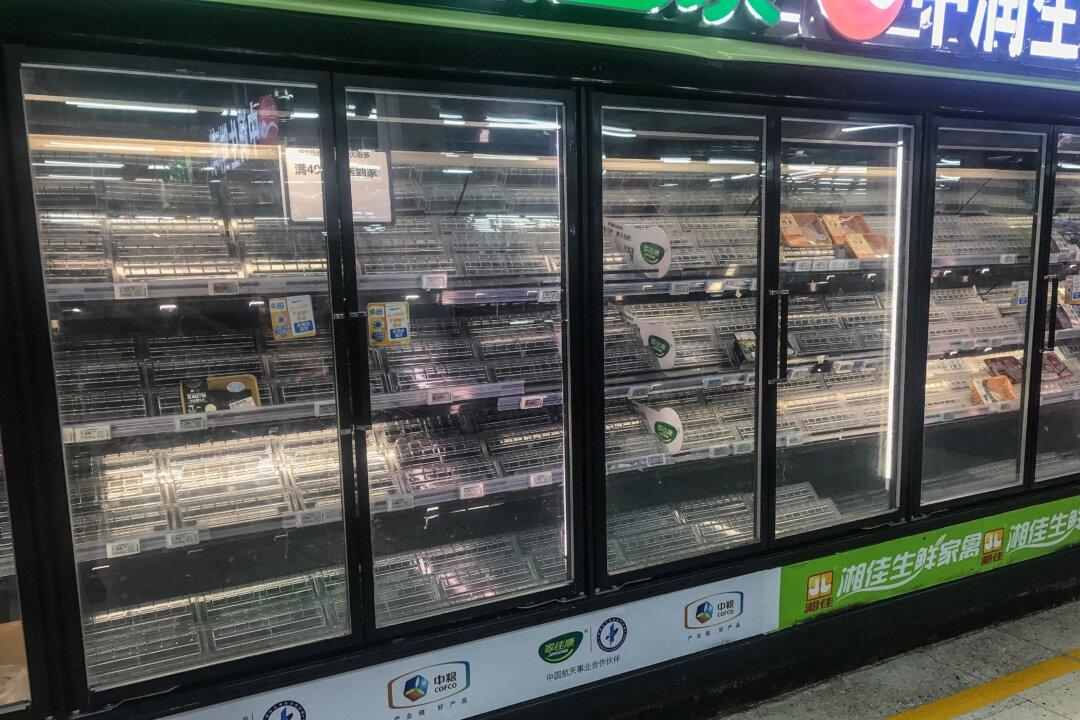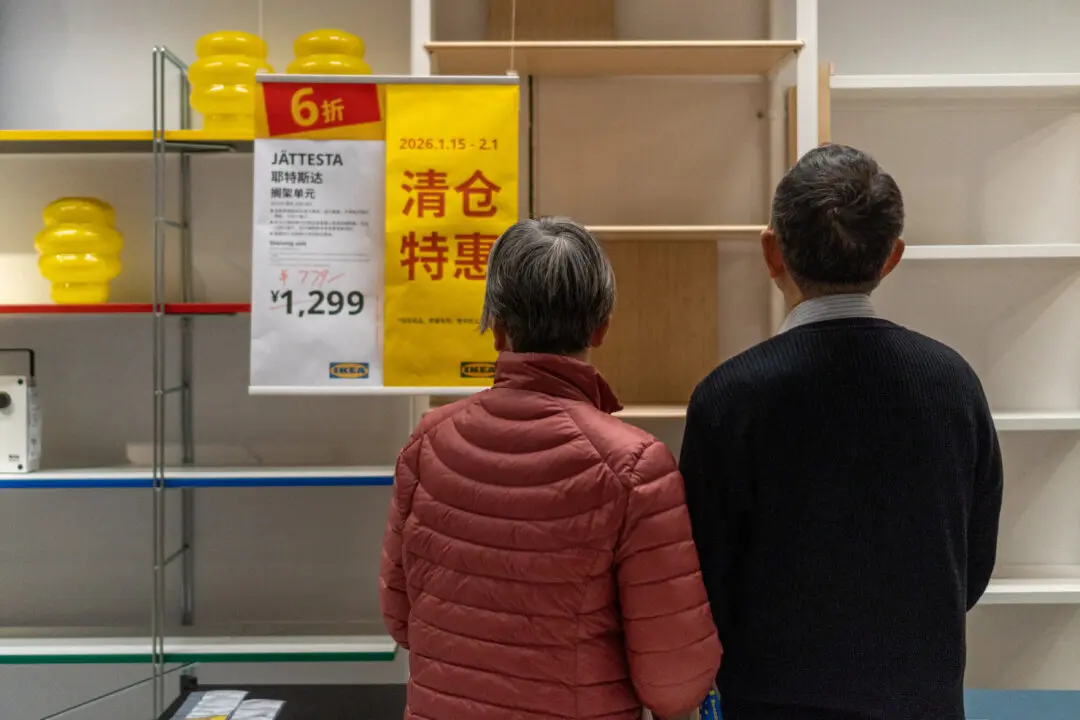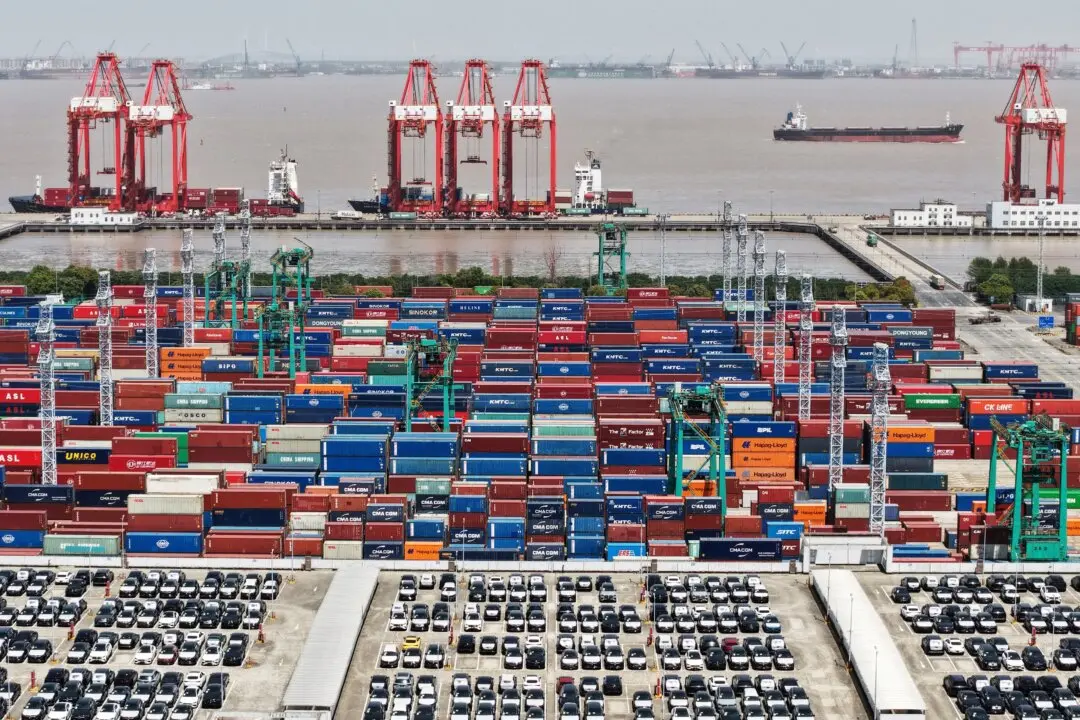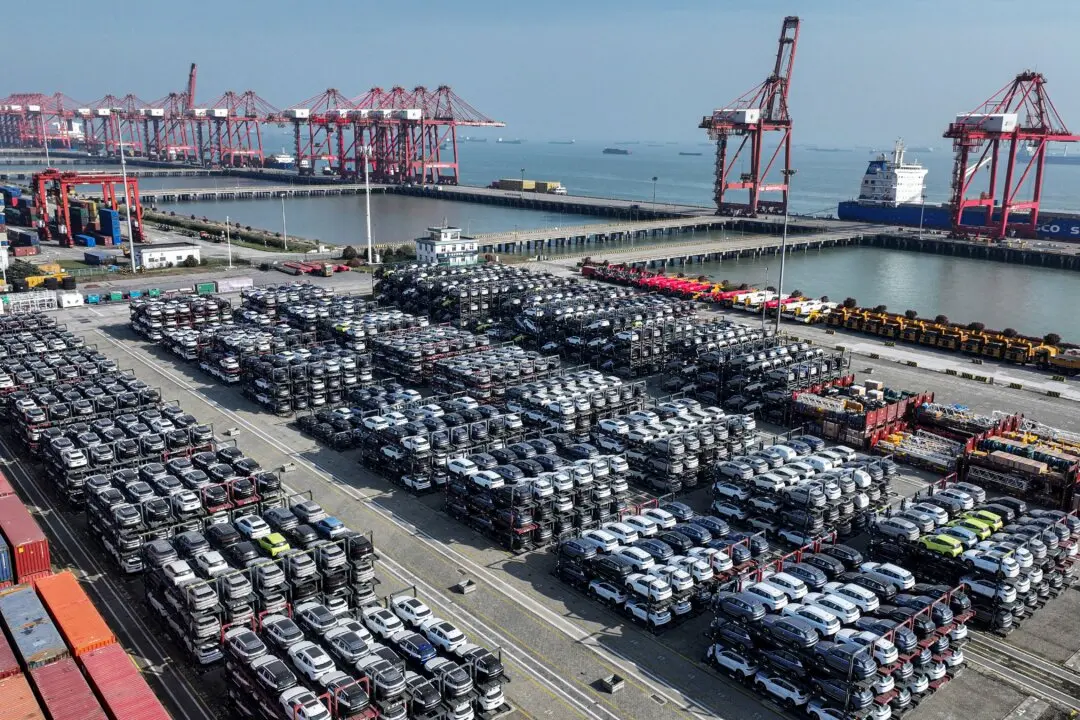News Analysis
Chinese leader Xi Jinping cannot seem to get a break. Perhaps he does not deserve one. This year, he has faced Evergrande, real estate excesses generally, a renewed spate of COVID-19 infections, and sporadic power shortages across the country. Most recently, Beijing has had to deal with a food panic.





